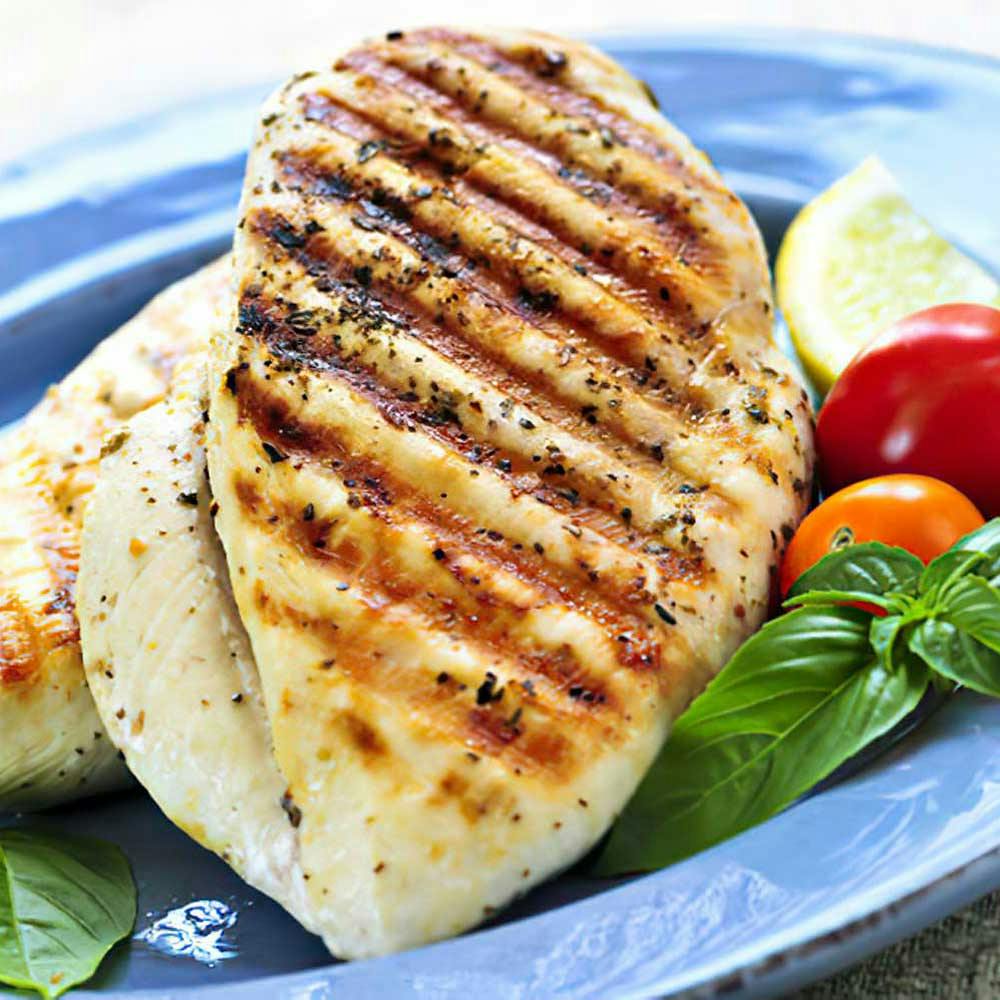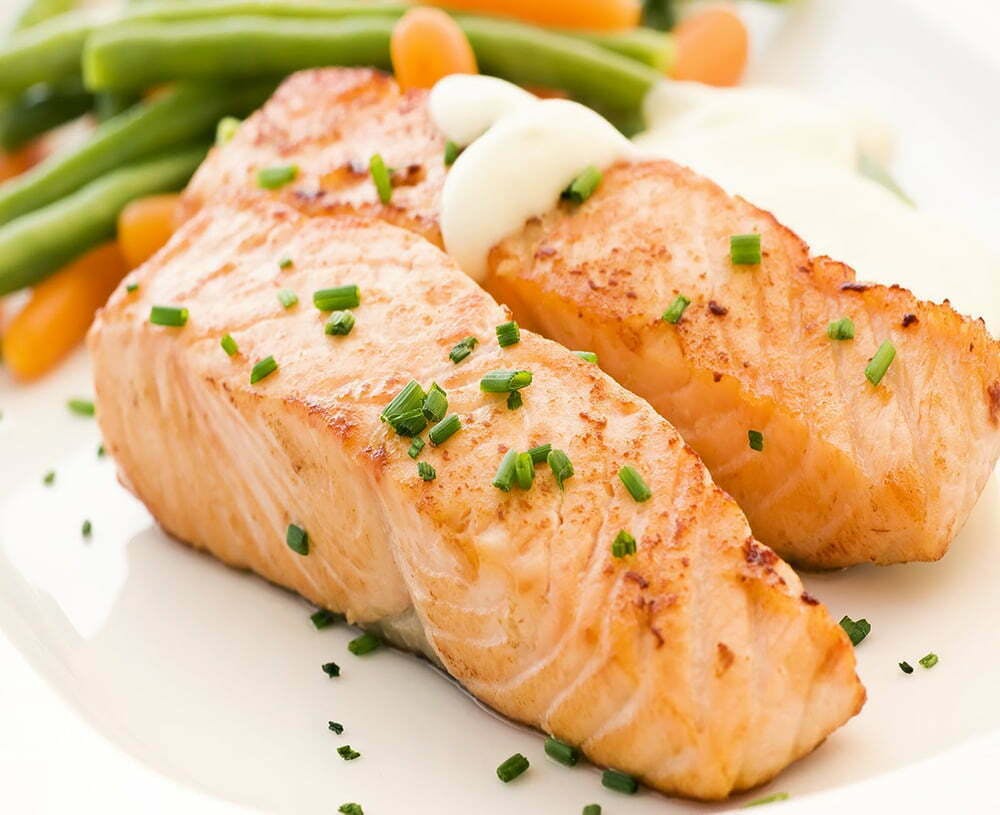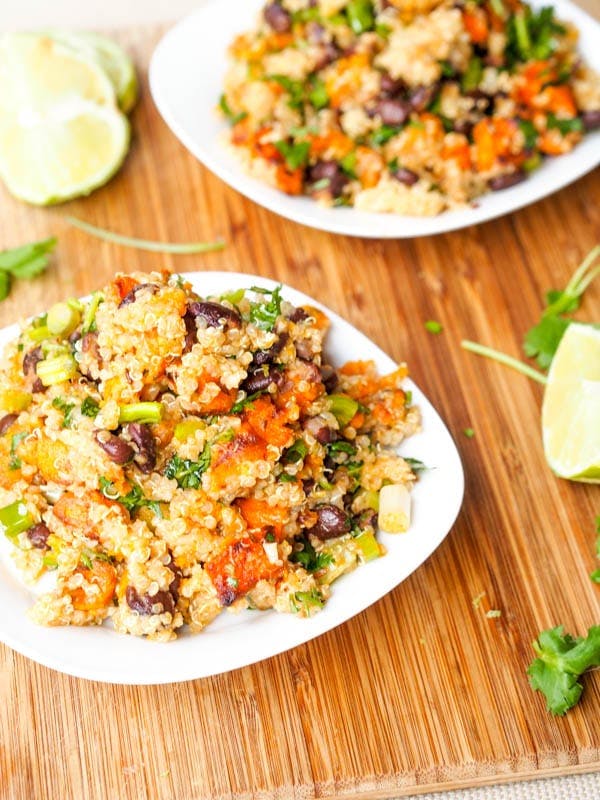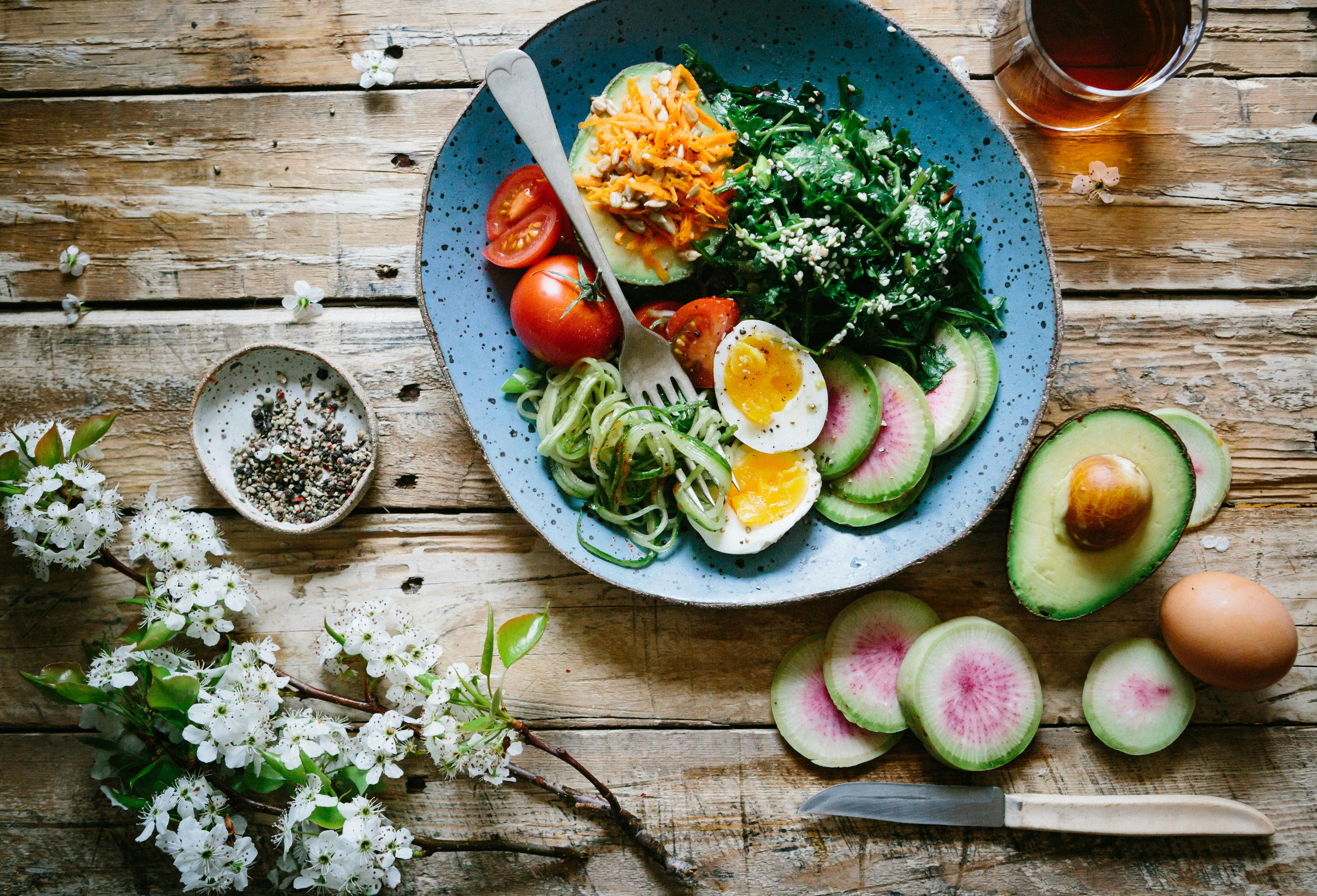
Strength Training Nutrition & Diet Tips
Your diet is one of the most important aspects of your health and is also the most important thing to get right in order for you to reach your strength training goals. This hasn’t been made easy over the last 30 years as experts have changed their minds more often than I hear ‘I’ll start again on Monday’. What we do know is that we all should aim to eat a varied and balanced diet consisting of all major macronutrients (carbohydrates, proteins and fat) and make sure we are getting essential vitamins and minerals from our food for our body to function optimally.
ㅤ
WORK OUT YOUR DAILY NEEDS
What are the requirements though if your goal is to increase strength and build muscle?
Whilst it is common for most people to see strength gains as they embark on a new resistance training programme, to keep ‘making gains’ in the gym you need to be hitting your calorie and macronutrient goals. To do this effectively you’ll need to consider the best balance of the main food groups which will allow you to keep progressing and not be left wondering why all your efforts in the gym are going unrewarded.
There are many different calculators you can use to work out your daily needs and split of macronutrients but, in my experience, this is one of the best: http://macronutrientcalculator.com/. Remember that these calculators are always a starting point and you should monitor your results and progress by yourself or with a personal trainer and adjust your calories when necessary.
ㅤ
WHAT FOOD IS GREAT FOR STRENGTH TRAINING?
Protein: Let’s start with protein. Proteins are made up of amino acids, the ‘building blocks’ of muscle. Protein helps replace worn-out cells, transports various substances throughout the body, and aids in the growth and repair of all cells, not only muscle.
ㅤ

ㅤ
Heavy resistance training increases the rate of both protein synthesis and muscle breakdown. Whilst this may sound bad, it’s actually the foundation of developing stronger muscles. However, if your overall protein levels are low and daily calorie needs are not met on a daily basis, muscle breakdown will exceed synthesis, resulting in the loss of muscle mass. This is why the majority of people do not see the progress they are looking for.
ㅤ

ㅤ
The first goal you should establish is how much protein you should eat in a day. For males, who aim to increase muscle mass and gain strength, 2g a kg of bodyweight is more than enough and for women 1.2g/kg of bodyweight.
Your best sources of protein are lean meats such as chicken, turkey, steak and 5% fat ground beef. Any white fish, tuna, salmon and eggs are also valuable and other good protein sources can come from dairy such as cottage cheese, Greek yogurt and legumes such as beans and lentils.
ㅤ
Carbohydrates: Carbohydrates have been given a hard time over recent years and, in my opinion, the general population should consume them wisely and at specific times.
ㅤ

ㅤ
However, for the purpose of strength and muscle gains they have an important role to play. Put simply, the most valuable asset of carbohydrates is to provide energy. Strength training is a very intense form of exercise (or should be) and one that relies heavily on carbohydrates as a fuel source. So, having some glycogen stored in your muscles prior to your session will lead to a far more productive workout.
If staying lean is a priority whilst also looking for size and strength gains then consuming the majority of your carbohydrates in your post-workout meals will be a better strategy as this will be when your body needs and will utilise them best. After a heavy session the sooner you can get energy into your body the faster the recovery process. The faster you can recover from your intense strength training sessions, the faster you can build muscle.
Eating fewer than 150 grams of carbohydrates per day will almost always be sub-optimal and most people will do better with 200-500 grams per day depending on their target calorie intake. Of course, this will depend on your current body weight and activity levels.
Your best carb sources are rice, white and sweet potatoes, oats, quinoa, fruits and vegetables and wholegrain.
ㅤ

ㅤ
Fat: We all need adequate fat to support metabolism, cell signalling, the health of various body tissues, immunity, hormone production, and the absorption of many nutrients (such as vitamins A and D). Having enough fat will also help to keep you feeling full between meals and reach calorie requirements.
There are three main types of dietary fat:
Saturated - Animal fats, tropical oils (e.g. coconut, palm, cacao)
Monounsaturated – olive oil, avocados, peanuts and groundnuts, tree nuts
Polyunsaturated – omega-3, flax, fish oil and omega-6, most seed oils
Your aim should be to get a mix of fat types from whole, unprocessed, high-quality foods. These include nuts, seeds (hemp, flax, and chia are especially nutritious), fish, seaweed, pasture-raised/grass-fed animals/eggs, olives, avocado, coconut, and cacao nibs.
Always avoid industrially processed, artificially created and factory farmed foods, which contain unhealthy fats.
Advice provided by Sam Adams at BLACKLABELfitness: http://www.blacklabelfitness.co.uk.
ㅤ
Keen to learn more about fuelling for performance and adventures? Then check out our Nutrition category for more handy tips, advice and recipes.
Welcome
Welcome to the SportsShoes Nutrition Hub! We’ve teamed up with the experts to bring you the very best advice on the best foods to fuel you and your adventures.
Read More
Share this
Featured Articles
View All